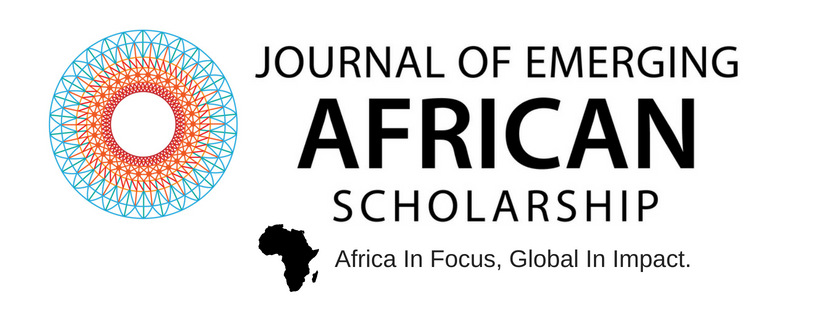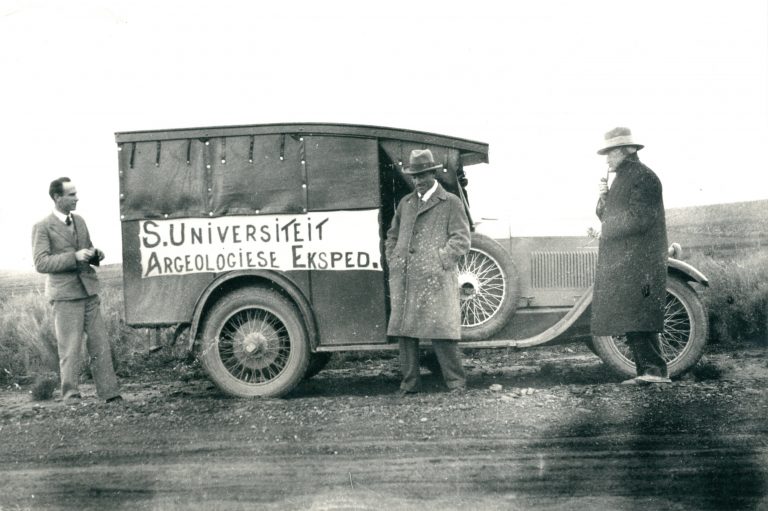The Open Reposit ories Steering Committee and Stellenbosch University is delighted to announce that the 15th Open Repositories Conference will be held in Stellenbosch, South Africa, from 1-4 June 2020. The conference will be organised by Stellenbosch University Library and Information Service who looks forward to welcoming delegates to the first Open Repositories Conference (OR) on the African continent.
ories Steering Committee and Stellenbosch University is delighted to announce that the 15th Open Repositories Conference will be held in Stellenbosch, South Africa, from 1-4 June 2020. The conference will be organised by Stellenbosch University Library and Information Service who looks forward to welcoming delegates to the first Open Repositories Conference (OR) on the African continent.
Stellenbosch University, located in the historical town of Stellenbosch, approximately 50 km from Cape Town, strives to be Africa’s leading research-intensive university, globally recognised as excellent, inclusive and innovative where knowledge is advanced in service of society.
The Library and Information Service has been playing an active role in the African and international Open Access community for a number of years and one of its strategic objectives is to develop and maintain collaborative relationships with a range of external and internal stakeholders by advancing local, national and international initiatives with regards to open scholarship.
Having chosen Stellenbosch as the venue, the annual OR Conference continues its objective to bring practitioners working at the interface of technology and scholarship together. Participants at OR come from higher education, government, libraries, archives and museums to share their experiences and knowledge about repository infrastructure, tools, services, and policies. We hope you will join us in Stellenbosch in 2020!



